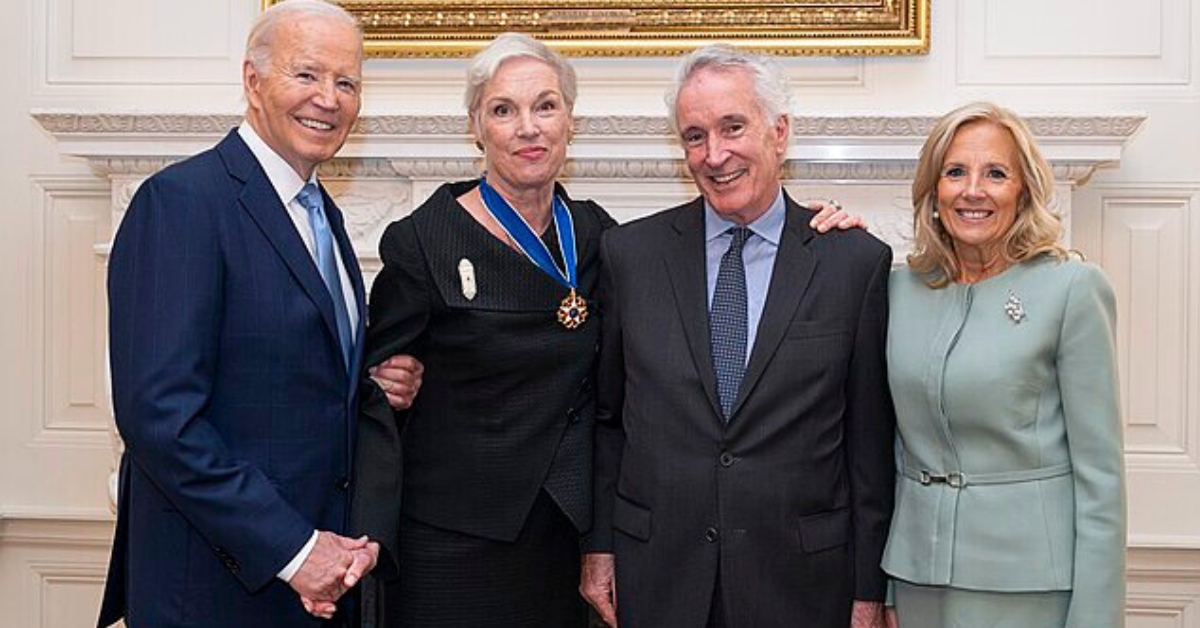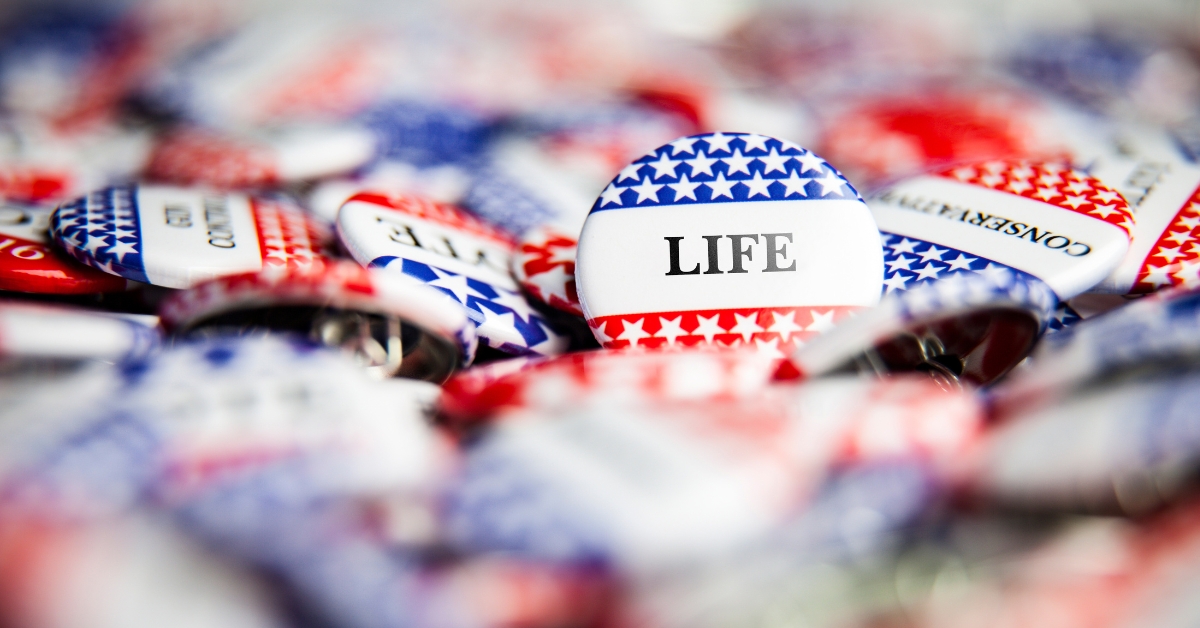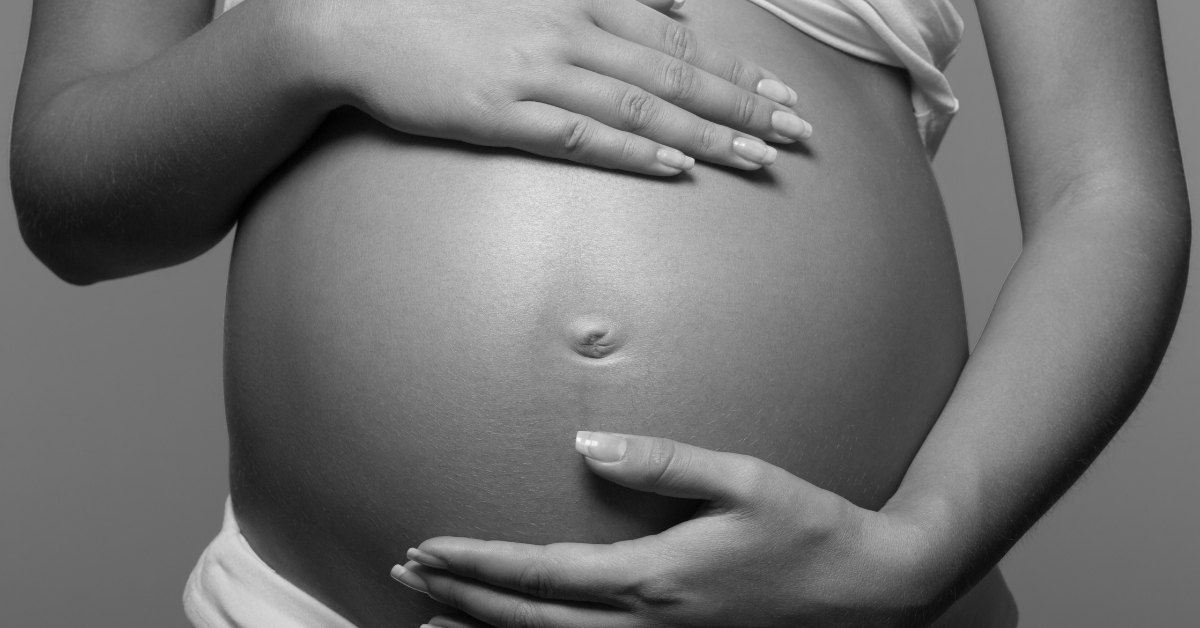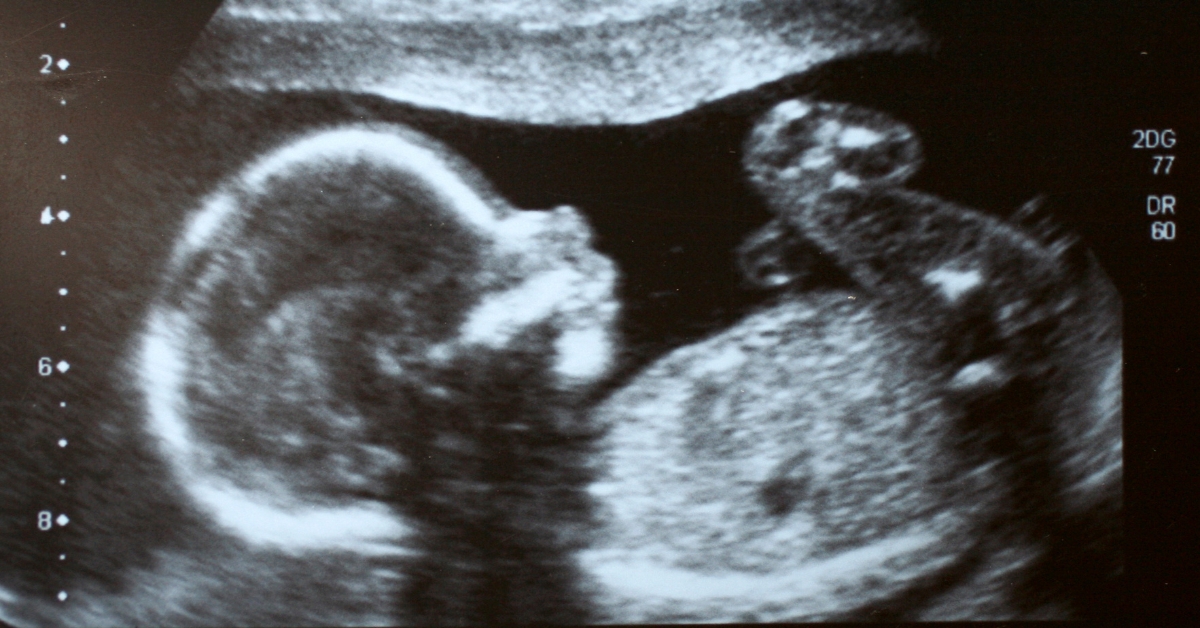
Pro-Life Groups Urge Supreme Court to End Abortion ‘Bubble’ Zones
In a crucial battle for free speech, a coalition of fourteen states and pro-life groups are rallying behind Debra Vitagliano’s lawsuit against a New York county’s law creating restrictive “bubble” zones. This law, preventing pro-life speech within 100 feet of abortion clinics, stands on a precedent from the 2000 Supreme Court case Hill v. Colorado. Vitagliano, a Catholic mother and occupational therapist, refuses to be silenced by this infringement on her rights.
The heart of the issue lies in the blatant suppression of pro-life voices near abortion facilities. The 2nd Circuit Court of Appeals dismissed Vitagliano’s case, citing the Hill precedent, but she’s fighting back, taking her plea to the U.S. Supreme Court. The states backing her argue that these laws trample on the First Amendment and allow governments to stifle discussions on a topic central to our moral fabric.
The outpouring of support from various quarters, including legal experts and pregnancy-resource centers, signals the urgency of this battle. Mark Rienzi, president of Becket, hopes the Supreme Court will recognize the need to overturn Hill precedent and protect the rights of pro-life advocates.
The blatant hypocrisy of the situation is hard to ignore: while society claims to celebrate tolerance and diversity of opinion, these laws aim to silence individuals who express their pro-life stance in the vicinity of abortion clinics. In New York, the Westchester Board of Legislators has faced public pressure and has been compelled to repeal one part of the ‘bubble’ zones law, acknowledging its encroachment on free speech.
Vitagliano’s case isn’t just about her; it’s about every American’s right to free speech, especially in critical areas where lives are at stake. Should the Supreme Court choose to hear this case, it could mark a turning point in protecting the constitutional rights of those who counsel women considering abortion.
Let’s be clear: the attempt to suppress free speech, especially in the realm of deeply held beliefs, is a dangerous precedent. America has always been a bastion of free expression, even when — or especially when — the topic is uncomfortable or divisive. The Constitution was designed to protect these liberties, ensuring that Americans can engage in open dialogue, especially when it comes to topics as consequential as life and death.
Vitagliano’s case reminds us that we cannot allow our society to be overtaken by censorship under the guise of “protecting” individuals from uncomfortable ideas. This case isn’t just about pro-life advocacy; it’s about safeguarding the very essence of free expression in our nation. We can only hope that the Supreme Court recognizes this, takes up the case, and ensures that our First Amendment rights remain intact for generations to come.














